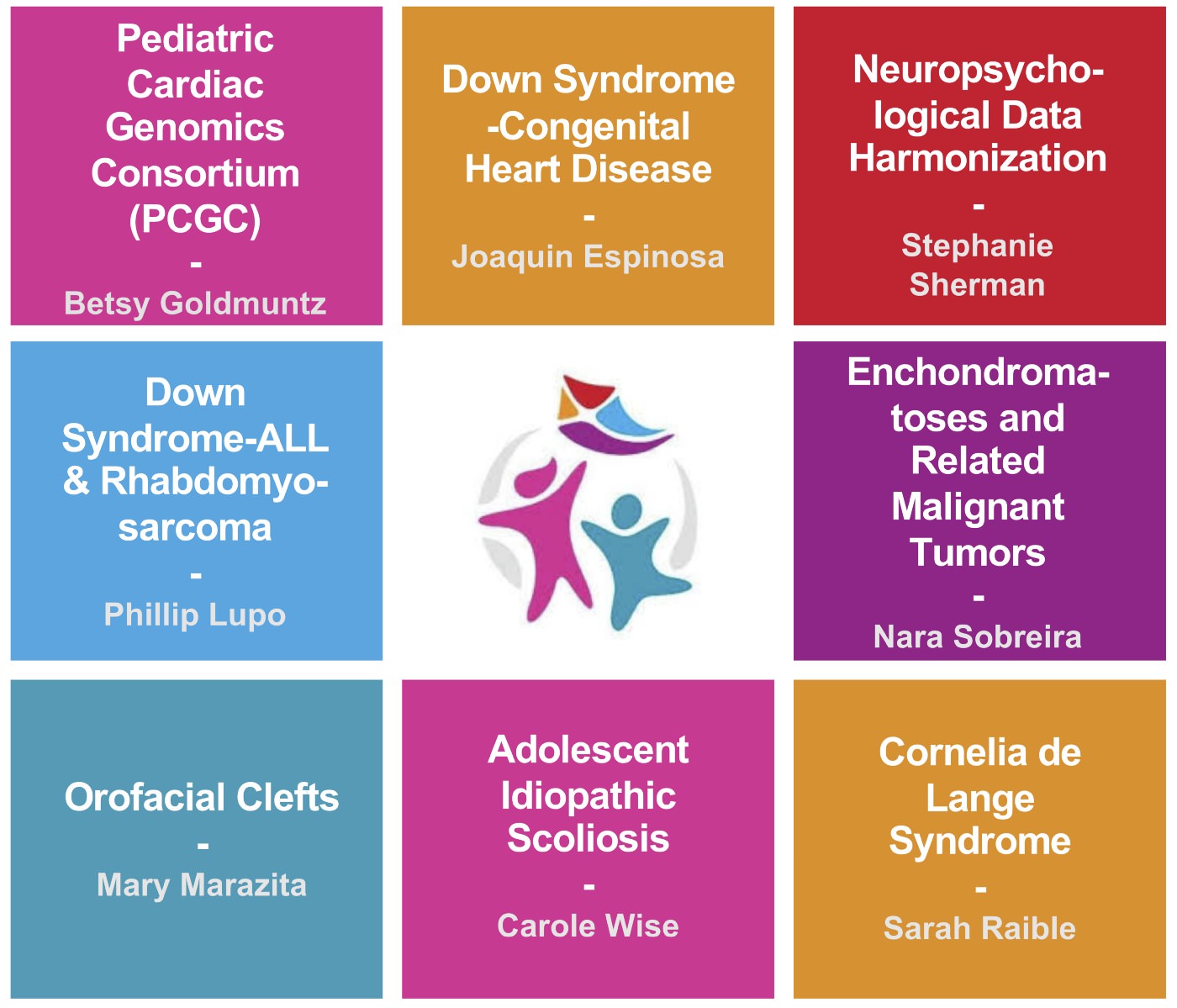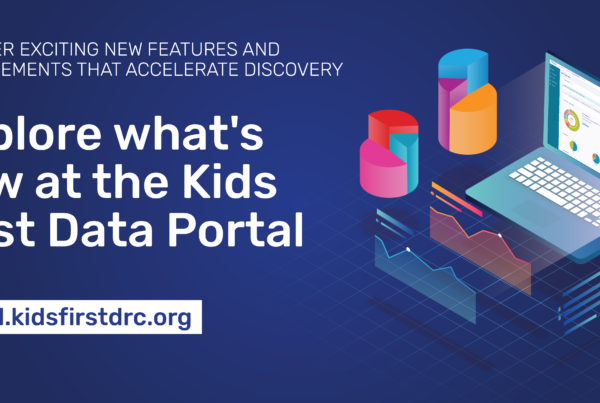* NOTE: This article has been edited for clarity, and comes courtesy of the Monarch Initiative’s blog at https://medium.com/@MonarchInit
By: Nicole Vasilevsky, Adam Resnick, Deanne Taylor, Allison Heath, Peter Robinson, Monica Munoz-Torres, Nomi Harris and Melissa Haendel
Sharing data from children affected by pediatric cancer and structural birth defects with the clinical and research community can allow for new analyses, enable the generation of new knowledge, and assist with diagnoses and treatments for these patients. Members of the Monarch team are part of with the Gabriella Miller Kids First Data Resource Center, which aims to alleviate suffering from childhood cancer and structural birth defects by fostering collaborative research to uncover the roots of these diseases and supporting data sharing within the pediatric research community.
Kids First Data Resource Center and Monarch Initiative experts lead a webinar on April 9, 2020 , titled _ Innovation across the Phenotypic Translational Divide _, which was open to Kids First investigators and other researchers interested in deep phenotyping and translation research. The goal of the webinar was to bring together researchers to showcase their efforts to date, for the attendees to learn about the importance of deep phenotyping methods, and to solicit feedback from the community to improve phenotype data collection, harmonization, and genotype-phenotype analyses of Kids First datasets.
The webinar included presentations by eight Kids First X01 investigators and talks from Kids First DRC researchers Melissa Haendel (OHSU), Adam Resnick (Children’s Hospital of Philadelphia (CHOP)) and Allison Heath (CHOP). The talks were followed by brainstorming about how to make the phenotypic data that is being generated by the research and clinical community more useful for searching and cohort selection, analytics and mechanism discovery.
The Human Phenotype Ontology (HPO) is a widely used resource for standardizing data about phenotypic abnormalities encountered in human diseases. The Kids First Data Resource Portal curation team currently uses the HPO for structuring phenotypic data that is available in their portal, which allows the data to be logically related to phenotype observations in clinical settings. In addition, Kids First data is structured using the Mondo disease ontology, to enable classification and structuring of disease subsets.
As an outcome of our brainstorming and discussion session, some key goals were identified for future work and strategic planning:
- Create multiple axes of disease classifications. The Monarch team welcomes community feedback for classifying (or reclassifying) diseases in the Mondo ontology. Betsy Goldmuntz from the Pediatric Cardiac Genomics Consortium talked about efforts to group and split diseases along primary congenital heart defect diagnoses, which is something that could be implemented in Mondo.
- Behavioral instrument interoperability. Survey questions should be integratable and/or interoperable with semantic annotations. Stephanie Sherman from Emory University discussed challenges with integrating and harmonizing behavioral data into the KF DRP from standardized instruments, which is part of an ongoing collaboration with the NIH INCLUDE Project.
- Capturing and making imaging data available. Researchers such as Mary Marazita from the University of Pittsburgh are collecting complex and informative craniofacial images, but there is currently not a mechanism to share these images via the KF RDP.
We welcome your ideas here.
Overall, the presentations highlighted the richness and complexities of phenotypic data associated with Kids First datasets and specific needs for their interoperability. Opportunities abound for integrating diverse data and tools with the Kids First Data Resource to further empower cross-disease, cross-data type, and mechanistic discovery by leveraging basic research data and cross-species analyses.
We plan to co-host future meetings to continue the collaborations and work towards improving our phenotyping methods and ultimately improving the clinical outcomes for these children.
To learn more about this initiative and find out about future meetings, please contact Nicole Vasilevsky (vasilevs@ohsu.edu) or Valerie Cotton (valerie.cotton@nih.gov).
More information:
Innovation across the Phenotypic Translational Divide Webinar:
When: April 09, 2020, 10am — 1pm Pacific Time
Organizers: Nicole Vasilevsky, Valerie Cotton, Adam Resnick, Deanne Taylor, Allison Heath, Peter Robinson, Monica Munoz-Torres and Melissa Haendel
Agenda: Available here
Recording : Available here
Slides : Available here
Funding: This webinar was supported by an NIH BD2K conference grant “Forums for Integrative Phenomics” to Melissa Haendel and Peter Robinson: U13CA221044.











